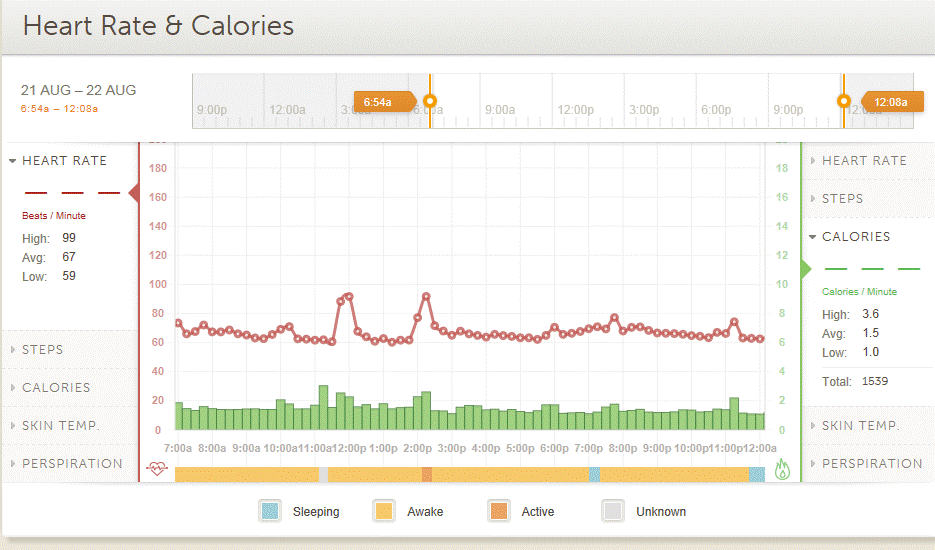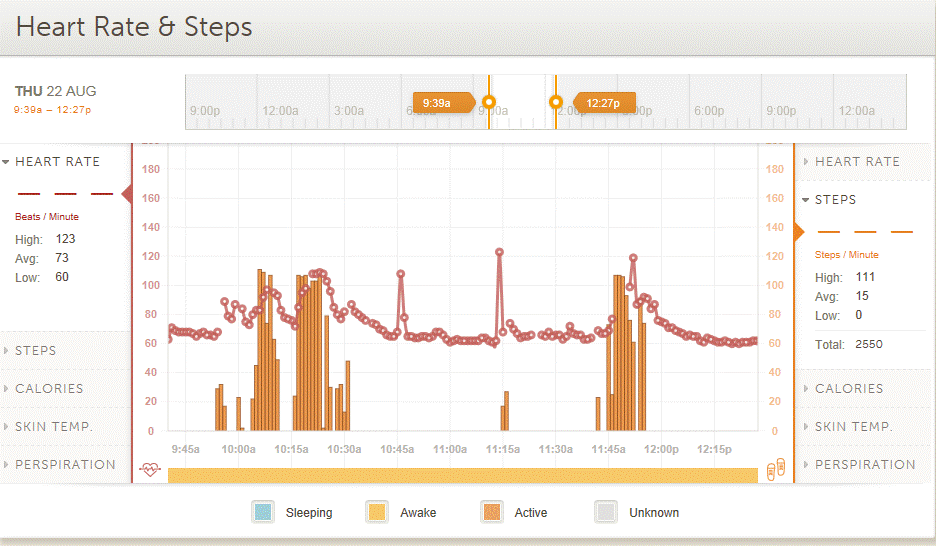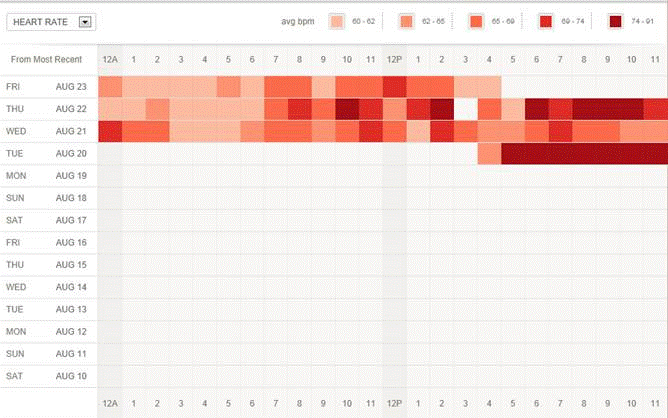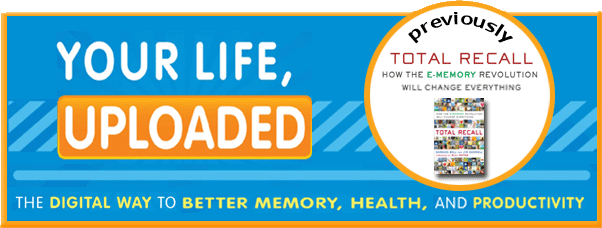Basis Sciences Wrist Heart Rate Monitor: Insight about your heart
 Sunday, August 25, 2013 at 9:19AM
Sunday, August 25, 2013 at 9:19AM I just started using the Basis wrist HRM www.mybasis.com, a device I have been wanting for decades for! All of us who are trying to understand just what is going on with our hearts and how it affects angina, shortness of breath, and overall performance makes this a truly insightful and useful necessity. As a 2x (heart attack, bypass patient, and pacemaker) user this is really useful.
Basis simply samples heart rate and records it 24x7 along with steps, skin temperature, perspiration, and a caloric output plus sleep. The Basis software on the PC is just great and generates a number of interactive reports or displays where you can look for insight. Unlike the various strap based monitors with wrist connections via ant or BT, combined with their flaky software, ability for data ingestion, etc. Basis just works!
If you really need incite, this is a great device to supplement my BodyMedia...now all I want is to have their two data silos combined... but that's another story and probably another decade. BTW: the two devices tend to agree on calories, unlike the plethora of wrist pedometers who try but just don't have enogh data to be as accurate.
For example, here's a Daily Summary…

August 21 Full day of calorie output and heart rate vs time.
Interepreting a piece of a day
Went to a meeting at 10am stopping for a croissant, waited for warming it, and then high HR as I ate (a no-no) and walked at about 10:15. Lawyer’s office 10:30 -11:45, then to lunch arriving just before 12. Note two HR spikes in meeting—a couple of disagreements. Interestingly, meeting was quite calm compared to the meetings I used to have every day at Digital when I ran R&D in 1972-1983--before I had a heart attack in Feb 1983. I can only imagine what was going on heartwise!
Patterns is a way to compare HR or other activity parameter across days.

The pacemaker reports I get semi-annually that records every heart beat and dumps it into rate buckets for a distribution are intersting on a long term basis and may predict stufff e.g. EoL. However, no one or no computer looks at them other than to eyeball whether you are totally sedentary. Just giving the avg BPM over 6 months is useful (I think).
